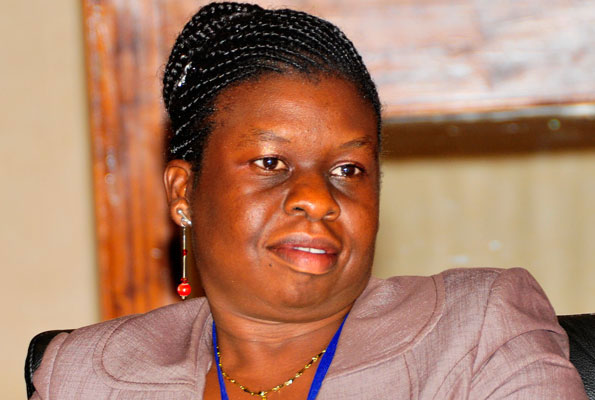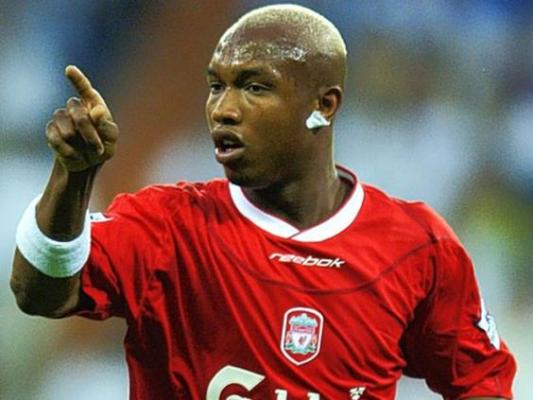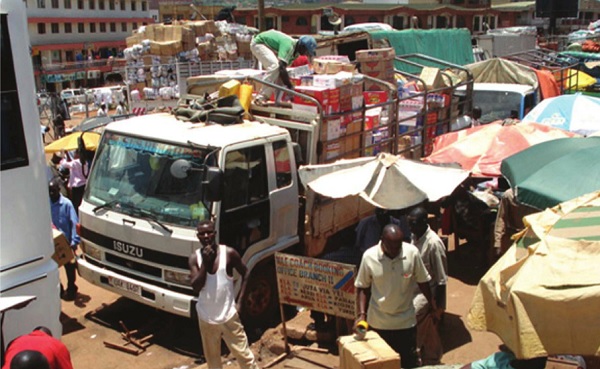By Martha Aheebwa
Insurance remains one of the most misunderstood (miscommunicated) products in Uganda. A few years back, my insurance mind would have argued it’s because insurance is highly technical.
But as I have come face to face with our economy, and talked to several people, I have had to take a long hard look in the mirror- perhaps we have not justified our existence.
There are many technical products-banking, engineering, architecture, property/real estate management-one would trust only professionals in each of these fields to provide sufficient information on products or services.
The average Ugandan knows more about the above products than they do about insurance (besides thinking of it as some kind of tax).
Below are 5 myths about insurance, contributing to the negative perception of insurance.
Insurance is for the wealthy
The wealthy may not actually need insurance- someone who can afford a fleet of Ferraris does not worry about finding funds to buy another one.
For Martha, her car/salon/boutique/business/life is a key factor in her life’s plans.
Its loss would signal a significant glitch or delay in those plans. It need not signal the loss of everything she has worked for in an instant.
Insurance is precisely for people like Martha. It offers the comfort of knowing that should anything happen; you won’t need to pick from your hard earned savings to replace what you have lost.
Insurance is expensive
“In comparison to what?”I ask. What is the cost of the loss? If the cost of insurance is more than the cost of the loss, then that risk should by no means be insurable.
It appears insurance companies do everything to avoid paying claims
Insurance appears unique because the products are designed to meet a varied range of needs, with a varied range of risk profiles. Documentation required for a fire claim will differ from documentation required for a motor claim. Most insurers are simply trying to validate claims to mitigate fraud& confirm that they have paid the rightful beneficiary.
But intermediaries, keen on service have devised leaner claims processes, accepting reports through a WhatsApp message e.g. dfcu Bank’s Hospital Cash claims on the Dembe account. You must seek to understand the claims process.
Why can’t I pay for Insurance after loss?
Suppose there was a park-yard fire fund, established by traders to pay for losses resulting from fire, and the traders make annual contributions to the fund. Suppose I was invited but declined to participate in the fund, but after a fire, sought compensation in exchange for last year’s contribution?
Why don’t I get my money back if I have not made a claim?
Should the ‘Tweziike’ fund you are a member of reimburse the contributions of those who have not lost their loved ones?
Insurance, like the above is based on the probability of loss; there are several people concerned about a similar risk but with no means to avert that risk should it materialise-for some people it did, for you it didn’t.
This is why your home insurance is UGX 340,000 for a possible loss of UGX 200,000,000.
The author is Principal Officer, Bancassurance at dfcu Bank





